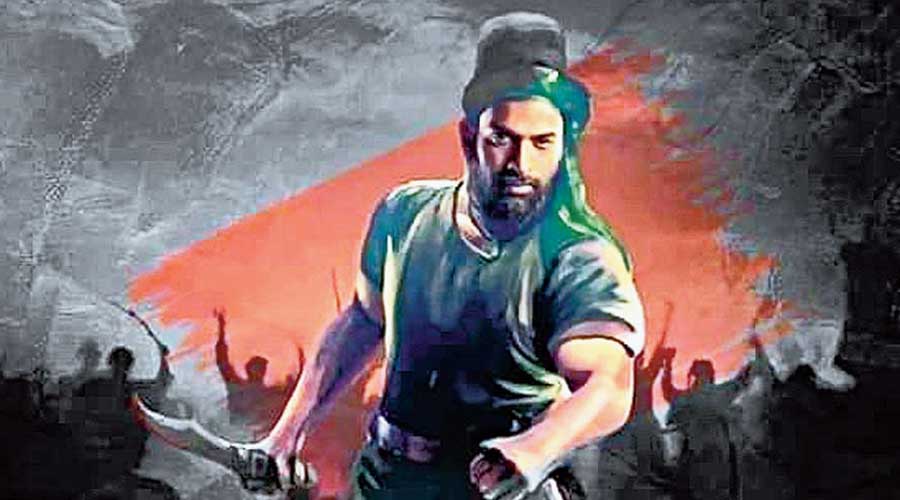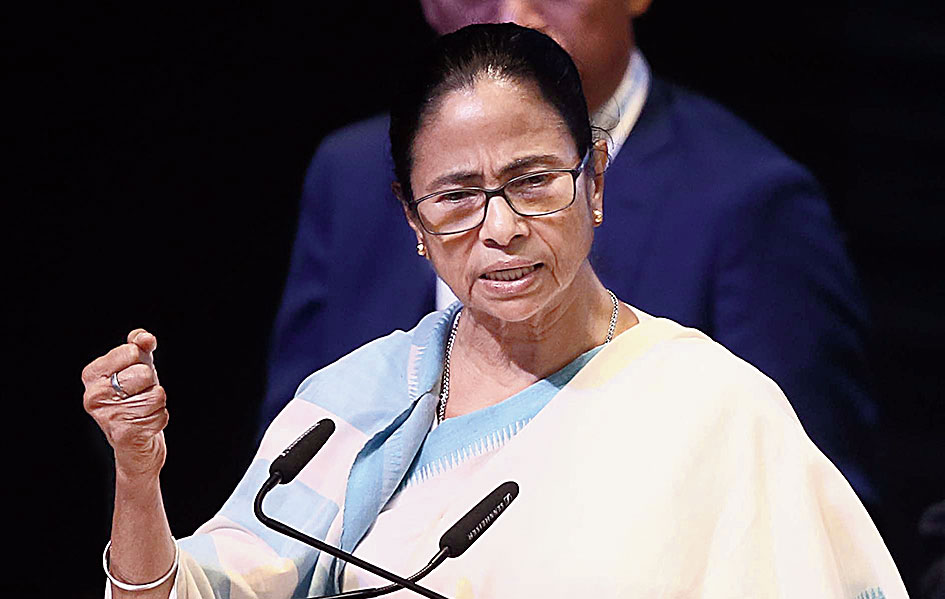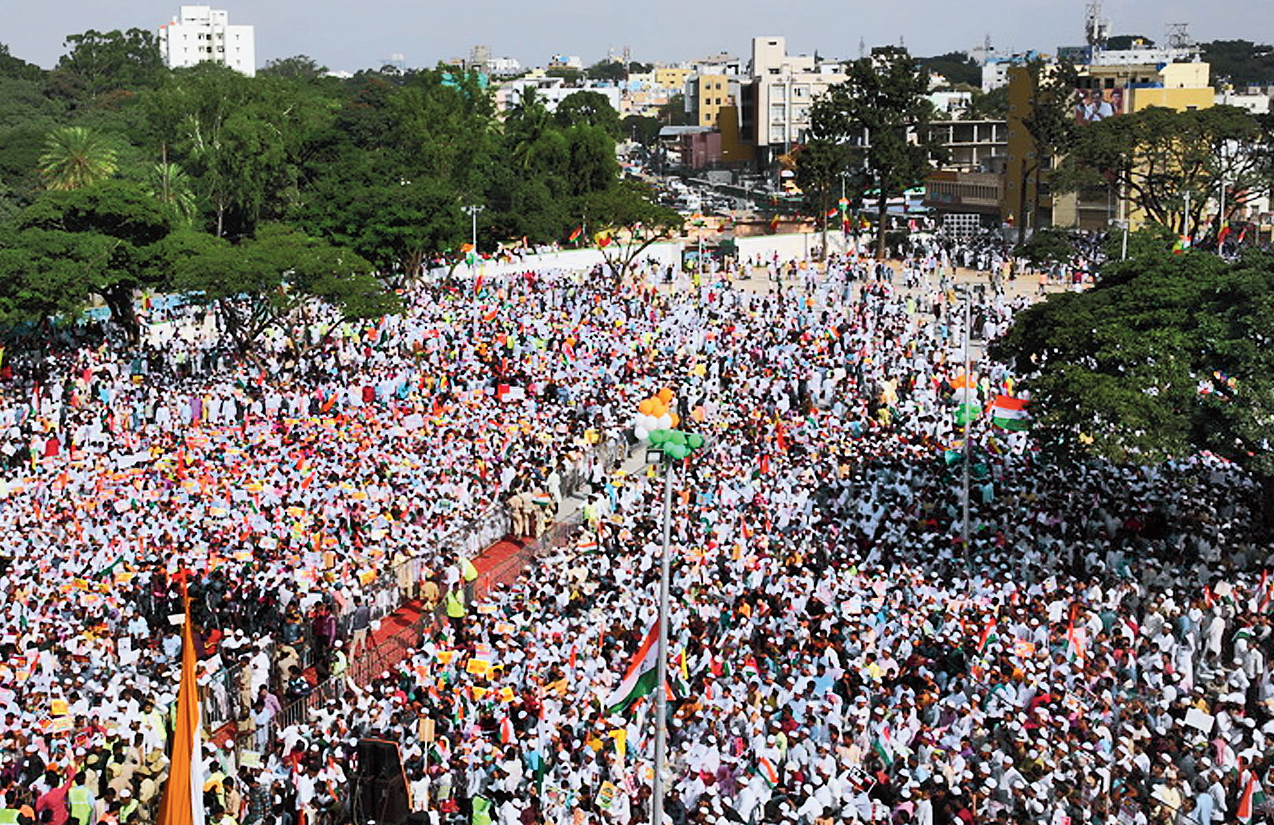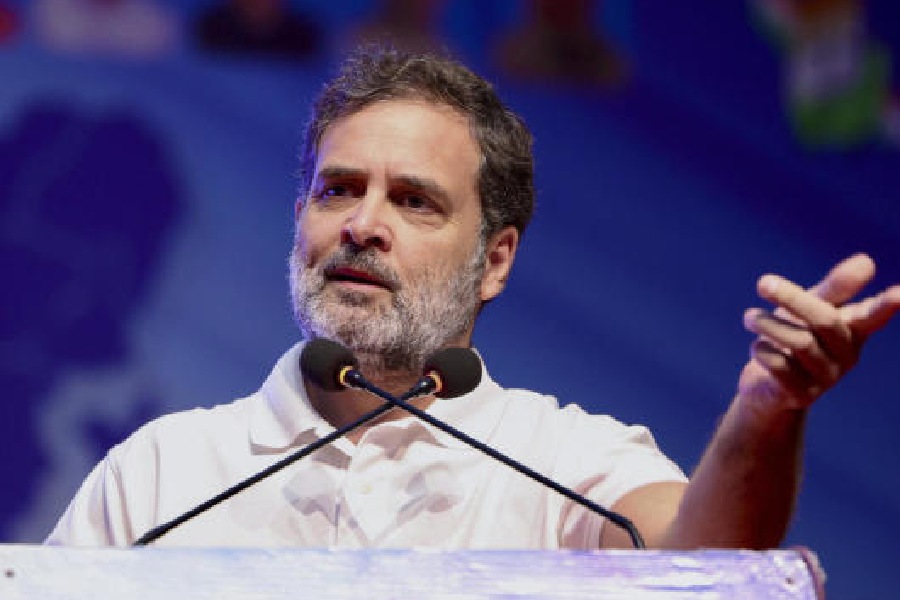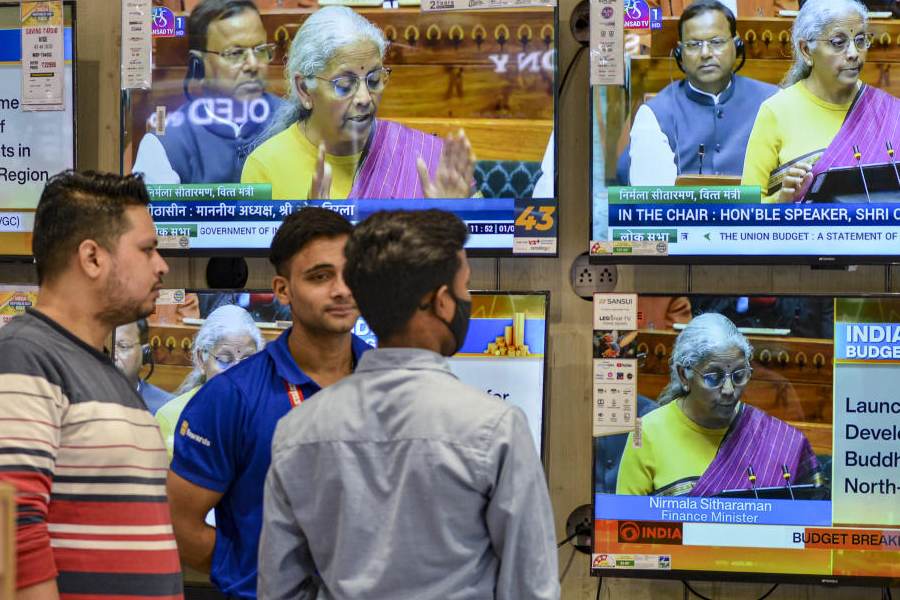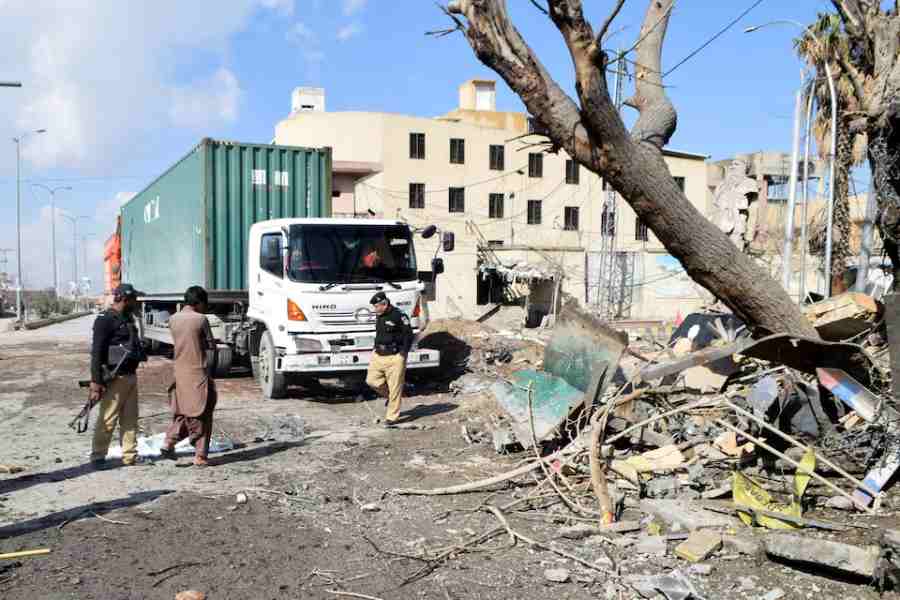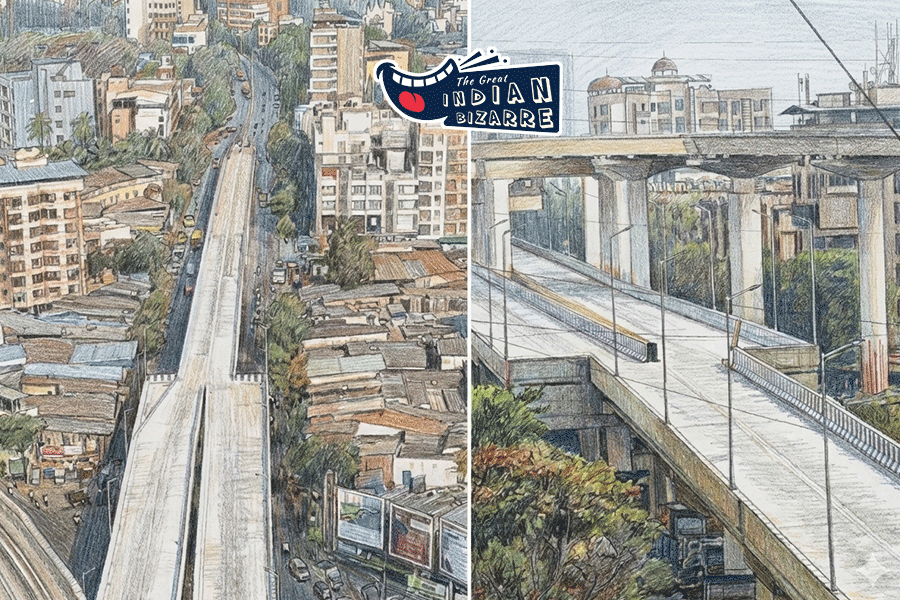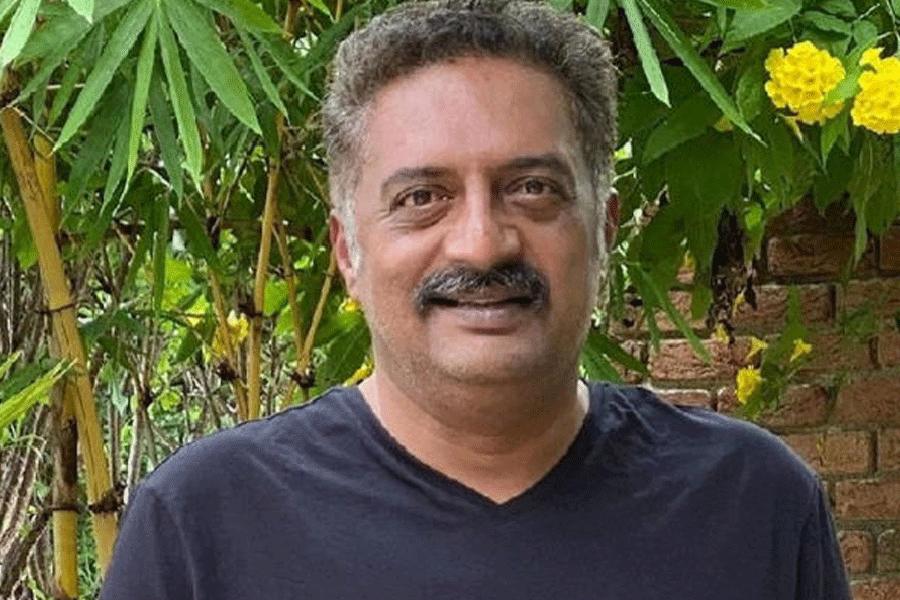News that the leaders and participants of the 1921 Mappila Rebellion by north Kerala’s Muslims could be dropped from the Dictionary of Martyrs of India’s Freedom Struggle has triggered condemnation from scholars and politicians in the southern state.
“Mappila” refers to Muslims from Malabar in north Kerala.
References to rebellion leaders Variyamkunnath Kunjahamed Haji and Ali Musaliar have been recommended to be removed from the Dictionary, published jointly by the Union culture ministry and the Indian Council of Historical Research, a member of the ICHR research project committee, C.I. Isaac, confirmed to The Telegraph.
Also deleted might be the names of 385 other Mappila rebels, said Isaac, working president of RSS think tank Bharateeya Vichara Kendram and a member of the committee that reviewed the list and recommended the removals.
The disclosure has come at a time a debate is raging in social media in Kerala about the resurgence of the Taliban in Afghanistan. Some Right-wing proponents have sought to exploit the situation by drawing a parallel between the 1921 rebels and the Taliban.
After The Hindu newspaper had reported the matter earlier in the day, Isaac had expressed the Sangh parivar view by telling a television channel that the Mappila Rebellion “was never part of the freedom movement” and that “religious conversion was its only objective”.
Isaac said the revised Dictionary was expected to be released in October.
The move coincides with the centenary of the rebellion, which began on August 20, 1921, in Malappuram against the British and their supporters among the landlords, most of whom were upper caste Hindus.
The uprising, which lasted about six months, ended with Ali being hanged in Coimbatore jail and Haji facing a firing squad in Malappuram.
Some 10,000 people, nearly 2,400 of them rebels, were killed in the rebellion, which the Sangh parivar sees as an anti-Hindu pogrom.
Academic and author M.N. Karassery regretted the decision to drop the two names and offered a historical perspective.
“I would say the Mappila Rebellion started off as anti-British, gravitated to become anti-feudal, and then some splinter groups went against the Hindus, many of whom were killed if not converted to Islam,” Karassery told this newspaper.
“As is true with most such events in history, deviations by small groups lead to unsavoury events that tarnish the whole movement.”
He added: “One may have reservations about some event or some historical character, but that doesn’t justify such bias — neither Haji nor Ali supported the communal elements that targeted Hindus.”
C. Haridas, a former Congress MP, criticised the ICHR and the Centre for removing the names of “two of the greatest freedom fighters from Kerala”.
“Both were captured and executed by the British, against whom they put up a valiant fight,” Haridas, who lives in Ponnani, the epicentre of the rebellion, told this newspaper.
“I’m deeply pained at politics and communalism dictating who is a freedom fighter.”
The Dictionary, commissioned in 2009, contains accounts of freedom fighters starting from the 1857 revolt. The first edition was published in 2019 and released by Prime Minister Narendra Modi.
Controversy had erupted last year when netizens embarrassed the BJP by highlighting how the book released by Modi eulogised Haji and Ali, reviled by the Sangh parivar as “anti-Hindu”.
Indian Union Muslim League general secretary and Lok Sabha member P.K. Kunhalikutty said the name removals were a “BJP agenda” and the party would launch protests.
His party colleague Sadiq Ali Shihab Thangal sought “some gratitude” for the way the Mappila rebels had sacrificed their lives and property for the nation.
Isaac told the media the rebellion “was an event for forcible conversion and the killing of those who refused”.
“The communists had on July 25, 1973, demanded in Parliament that the rebellion be recognised as part of the freedom struggle,” he said.
“But the then home minister said it was not part of the freedom movement but (of) communal riots, and hence the demand cannot be accepted.”
BJP national vice-president A.P. Abdullakutty told reporters: “They (Mappila rebels) are the Taliban of those days. Treating them as freedom fighters would be the biggest cruelty to history.”
RSS leader Ram Madhav had last week described the Mappila Rebellion as “one of the first manifestations of the Taliban mindset”.
Sangh parivar leaders had raised objections in June last year when filmmaker Ashiq Abu announced a Malayalam biopic on Haji’s life with actor Prithviraj in the title role.
At least three others, including RSS co-traveller Ali Akbar, quickly announced their own films on the Mappila Rebellion. Akbar said he wanted to present the “correct portrayal” of Haji, whom he described as “anti-Hindu”.
In 1988, filmmaker I.V. Sasi had made a film titled 1921 starring Mammootty, but Haji was not the main character in the movie.

